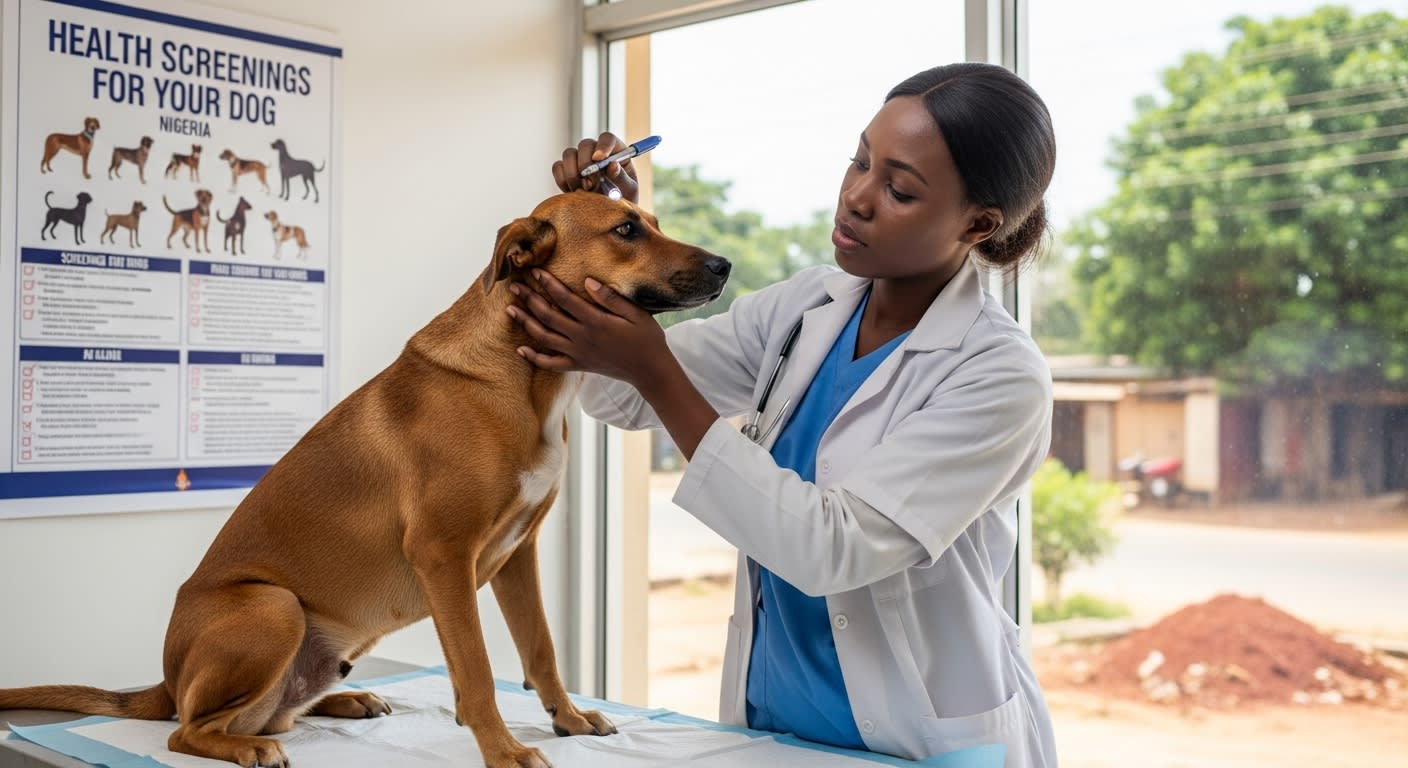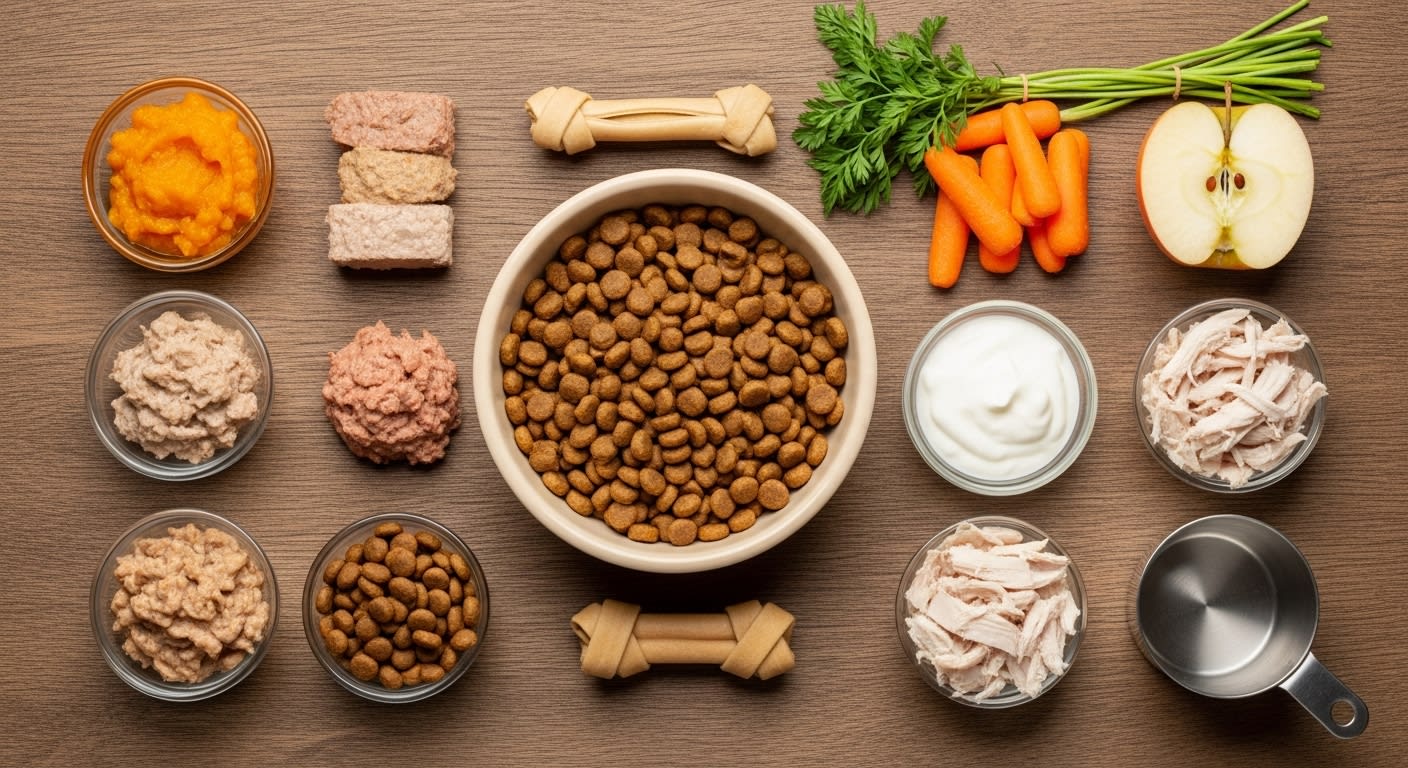Pet Health & Veterinary Care
Halitosis: Causes, Treatment & Prevention Of Bad Breath In Pets
While bathing and grooming pets has become common among Nigerian pet parents, brushing their teeth still seems strange to many. Some believe the myth that animal saliva acts as a natural antiseptic — but step close to a dog with untreated dental issues, and you’ll quickly rethink that!
Bad breath in dogs, medically called halitosis, isn’t just unpleasant — it can be a sign of underlying health issues. In fact, veterinary dental extractions in pets are on the rise in Nigeria, often due to causes that could have been prevented with the right care.
Causes of Halitosis in Dogs and Cats
1. Breed Predisposition
Certain small breeds — like pugs, Lhasa apsos, Yorkshire terriers, and French bulldogs — are more prone to halitosis. Their small jaw size means teeth are packed closely, making plaque buildup easy. Without regular brushing, this plaque hardens into tartar, leading to gingivitis, cavities, and bad breath.
Recommended Articles
2. Diet
Switching your pet’s food can sometimes trigger bad breath. Over-processed canned or dry foods can cause bacterial imbalances in the gut, while strong-smelling foods may linger on the breath. A poor diet also increases the risk of dental decay.
3. Diseases
Chronic conditions like kidney or liver failure and diabetes mellitus can cause distinct odours, often described as acidic or urine-like. In these cases, addressing the underlying health issue is key to managing the smell.
4. Infections
Injuries from chewing bones, sticks, or wires can become infected by bacteria, fungi, or viruses. In severe cases, swelling and inflammation (stomatitis) make eating painful, and the mouth produces a foul odour.
5. Anatomical Defects & Other Causes
Issues like enlarged oesophagus, oral cancer, trauma, or retained milk teeth can contribute to bad breath. In some puppies, temporary odour occurs during teething — but should disappear with proper dental hygiene.
Management & Treatment of Pet Bad Breath
1. Daily Brushing
Brush your pet’s teeth daily at first, then once a week after habits form. Always use pet-safe toothpaste — never human toothpaste.
2. Professional Cleaning
Schedule vet dental cleanings once or twice a year. Professional polishing removes tartar and helps prevent gum disease.
3. Hydration, Nutrition & Hygiene
Provide fresh water daily, feed a balanced diet, and keep your pet’s living area clean. For dogs, raw meaty bones can help naturally clean teeth.
4. Avoid Risky DIY Solutions
While some pet owners use hydrogen peroxide or NCP solutions, these can cause more harm than good if not properly dosed. Stick to vet-approved methods for safety.
Related Reads
Conclusion
Bad breath in dogs and cats is common but completely treatable. By identifying the cause and following a consistent dental care routine, you can protect your pet’s oral health and prevent costly vet visits.
Need a vet’s advice?
Mygotovet connects you with licensed veterinarians in Nigeria for same-day online consultations, pet health tips, and dental care guidance.
Find a Vet among our qualified providers or simply signup to Talk to a Vet Now
Frequently Asked Questions About Bad Breath in Pets
Is bad breath in dogs always a sign of disease?
Not always. Sometimes it’s due to food, teething, or poor dental hygiene. However, persistent bad breath should be checked by a vet to rule out disease.Can I use human toothpaste for my dog’s teeth?
No. Human toothpaste contains fluoride and other chemicals that can be toxic to pets. Always use veterinary-approved toothpaste.How often should I brush my dog’s teeth?
Daily brushing is best, but if that’s not possible, aim for at least once a week, plus professional cleaning once or twice a year.What foods can help reduce bad breath in pets?
Raw meaty bones (for dogs), high-quality kibble, and fresh vegetables like carrots can help naturally clean teeth. Avoid sugary or overly processed treats.
When should I see a vet about my pet’s bad breath?
If the odour is sudden, severe, or accompanied by symptoms like drooling, loss of appetite, swelling, or bleeding gums, book a vet consultation immediately.
Animal Health & Blogs

04 December 2025
0 likesFinding a veterinarian in Africa can be challenging, especially when finances, distance, busy schedules, or emergen ...
Read More
25 November 2025
0 likesKeeping your dog healthy requires more than love, food, and grooming; it requires understand ...
Read More
25 November 2025
0 likesWelcoming a new puppy into your home is exciting, but it also comes with important decisions ...
Read More